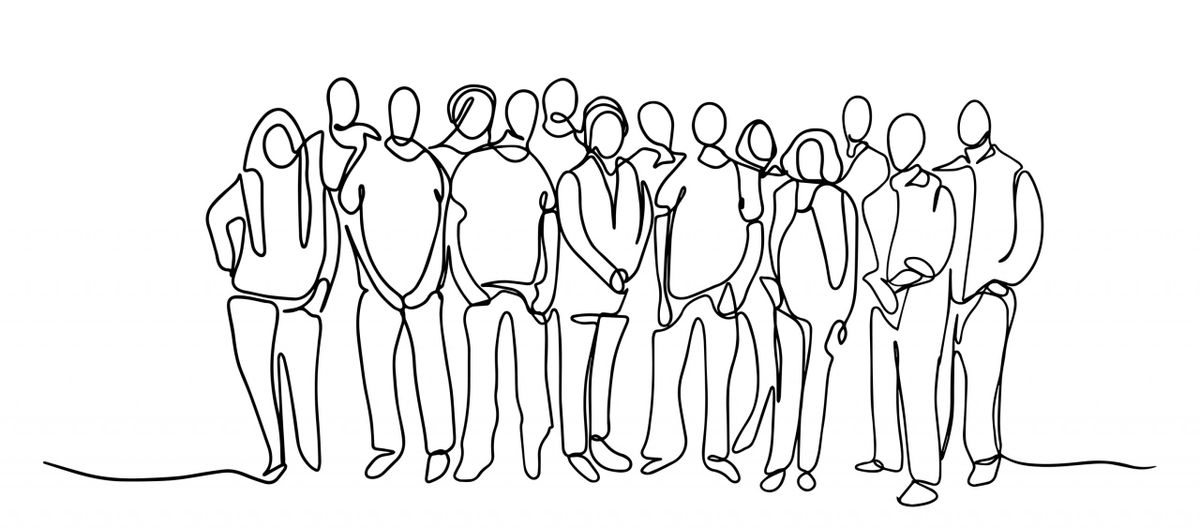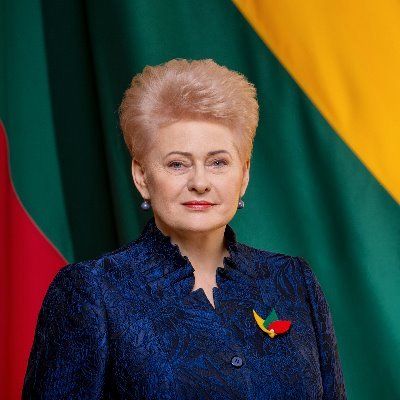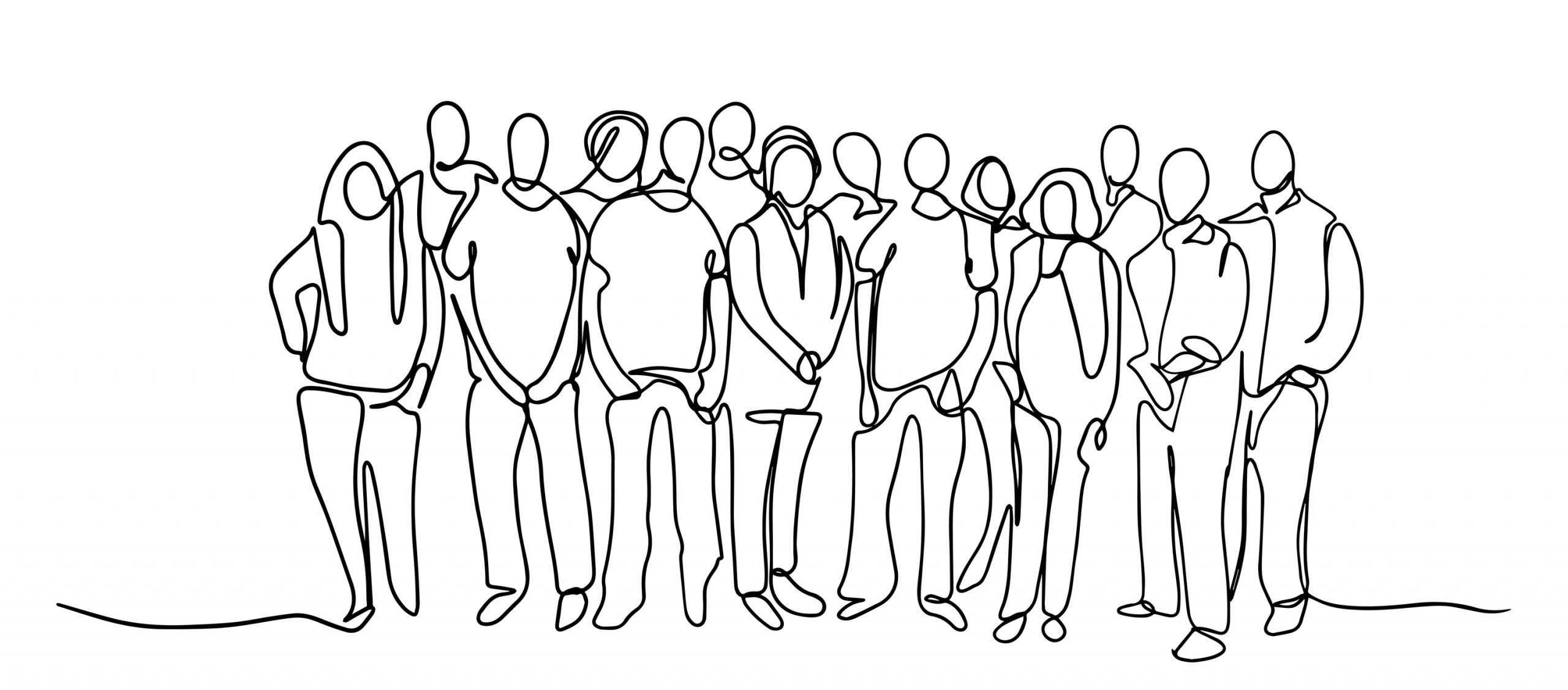
Summary
Giles Merritt, Founder of Friends of Europe and author of a new book entitled “People Power: Why we need more migrants”, wants to “ring an alarm bell and try and wake people up to the need in Europe for more people”.
During a Friends of Europe debate on 2 February 2022, Merritt told participants that it is “very simple. Europe is shrinking and getting old.”
“I don’t claim in the book to have a magic wand for the many problems surrounding migration,” he said, “but I do believe it’s a problem we have to solve. It’s become a toxic political issue, but that doesn’t mean we can allow ourselves to just ignore it.”
He explained how the number of people in Europe’s workforce who supported pensioners is shrinking fast.
For a long time four workers could support one pensioner, but in the last four to five years, this figure has decreased to 2.9. The European Commission, backed by the International Monetary Fund, estimates that this figure will eventually decline to 1.7.
“This is obviously unsustainable,” said Merritt. “The forecasts are terrifying. We don’t have any chance but to have more Europeans to replace the many retiring people of my generation, who instead of being taxpayers are becoming tax users.”
Merritt referenced a report by the former Spanish prime minister, Felipe González, which said that by mid-century Europe needed 100mn immigrants.
“His report was quietly buried,” claimed Merritt. “It was too toxic and embarrassing for European governments to want to talk about it.”
He continued: “There are problems associated with immigration – some practical, others are cultural. But these are problems we have to fix. We can’t just ignore them, we have to explain to European voters why we need to bring people in, and we have to stop the hypocrisy of European governments saying we need legal migration and then halving work visas and migrants in the last 10 to 15 years.”
“We can do nothing – we can keep telling ourselves we’re saving European culture. Fine, but we’re condemning our children and grandchildren to really low living standards. As our workforce shrinks, our ability to maintain an open-minded society will shrink accordingly.”
Merritt’s assertions received support from the other speaker, the former president of Lithuania and former European Commissioner for budget and administration, Dalia Grybauskaitė.
“Europe needs more labour in any way we can receive it, and migration is one of the methods to increase our labour market,” she said. “The anti-immigration narrative is only increasing in Europe, and there are reasons for it.”
She described how the term is now largely related to criminality, smuggling and illegal immigrants, and this relates to the recent “weaponisation of migrants” conducted by Russia and Belarus.
“This spoils the objective scientific research towards increasing our labour market and towards legal migration,” she said.
She also highlighted the shortcomings in the EU’s own immigration system, notably the lack of a “regulated Schengen border code”.
“We need more people,” she said, “but the political system is still sensitive.” She noted the “objective necessity of importing labour. Integrating legal immigrants is absolutely clear … We do have an academic understanding that we need immigration, but the way will be painful, sensitive and long.”
“We need to make it worth people’s while to think positively about bringing newcomers in,” concluded Merritt. “Immigration won’t fix problems urgently, but it is urgent to start a long-term strategic approach now.”
About
Policymakers and analysts are increasingly aware that today’s labour shortages are only the precursors of more far-reaching consequences of Europe’s ageing in the years ahead. Retirement waves will by mid-century see 33 million EU workers becoming pensioners rather than taxpayers. This looming economic shock has, however, so far failed to generate a more welcoming approach to immigration.
For two decades, the European Commission has tried with only limited success to fashion more flexible EU-wide migration policies. Its forthcoming ‘New Pact on Migration and Asylum Policies’ is expected to propose a more positive and coherent approach to immigration, although Member States’ acceptance remains uncertain. But without consensus, the EU’s ‘Great Migration Muddle’ of divergent national measures on refugee asylum, legal migration and barriers to irregular migrants will continue to threaten Europeans’ future wellbeing.
Admitting more people into the EU from beyond Europe is of course only one of several desirable policy responses to ageing, albeit an important one. Will Europe’s political leaders eventually face up to harsh demographic reality and stop pandering for electoral reasons to uninformed public prejudices? Friends of Europe’s Founder, Giles Merritt, sets out the case for a more enlightened and proactive approach to immigration in his new book “People Power: Why We Need More Migrants”.
Related content
PHOTO CREDIT: Mikhail Gnatuyk/ Bigstock
Schedule
Questions include:
- How great a threat is Europe’s ageing to economic growth, and would the admission of more economic migrants help to stem the projected shrinkage of the EU’s active workforce?
- Could a more flexible EU-wide approach to both refugees and economic migrants create a more positive political climate on immigration? Or must it be the other way round, with mainstream politicians defying populists’ anti-migrant rhetoric?
- What policy measures would ensure that future migrant influxes are absorbed into the societies of European host countries and integrated satisfactorily into their workforces?
Speakers
László Andor
Secretary-General of the Foundation for European Progressive Studies (FEPS), former European commissioner for employment, social affairs and inclusion, and Trustee of Friends of Europe
Dalia Grybauskaitė
Former president of Lithuania and Trustee of Friends of Europe
Giles Merritt
Founder of Friends of Europe
Speakers

Secretary-General of the Foundation for European Progressive Studies (FEPS), former European commissioner for employment, social affairs and inclusion, and Trustee of Friends of Europe

Former president of Lithuania and Trustee of Friends of Europe
The former president of Lithuania and European commissioner, Dalia Grybauskaitė currently serves as the Co-Chair of the United Nations High-Level Panel on International Financial Accountability, Transparency and Integrity (FACTI). Previously, she has chaired the Council of Women World Leaders and held several positions as a Lithuanian diplomat and politician, including as the country’s finance minister, as well as minister plenipotentiary at the Lithuanian embassy to the United States and at the Lithuanian Mission to the EU. Notably, Grybauskaitė played a key role in improving the relations between Lithuania and the EU as the deputy chief negotiator of Lithuania’s Association Agreement with the EU.

Founder of Friends of Europe
Giles Merritt is the Founder of Friends of Europe, and was its Secretary General between 1999 and 2015, and its Chairman between 2016 and 2020.
A former Financial Times Brussels Correspondent, Giles Merritt is a journalist, author and broadcaster who has for over four decades specialised in European public policy questions. In 2010 he was named by the Financial Times as one of its 30 most influential “Eurostars”, together with the European Commission’s President and NATO’s Secretary General.
Giles Merritt joined the Financial Times in 1968, and from 1972 until 1983 he was successively FT correspondent in Paris, Dublin/Belfast, and Brussels. From 1984 to 2010 he was a columnist for the International Herald Tribune (IHT), where his Op-Ed page articles ranged widely across EU political and economic issues.
In 1982 he published “World Out of Work”, an award-winning study of unemployment in industrialised countries. In 1991, his second book “The Challenge of Freedom” about the difficulties facing post-communist Eastern Europe was published in four languages. His book “Slippery Slope: Europe’s Troubled Future” (Oxford University Press 2016), was shortlisted for the European Book Prize.
Partners

Activities
From ambition to action: building Europe’s Defence Union
Past event In person

- Area of Expertise
- Peace, Security & Defence
EU-Western Balkans Summit: Enlargement matters – Europe’s new…
Next event

- Area of Expertise
- Peace, Security & Defence
Frontline Voices: renewing the women, peace and security agenda
Past event Online

- Area of Expertise
- Peace, Security & Defence
Frontline Voices: diagnosing the disconnect – The Women, Peace and…
Past event Online

- Area of Expertise
- Peace, Security & Defence
Policy Voices | Overcoming polarisation: defence in the time of distrust
- Category
- Podcast
- Area of Expertise
- Democracy
Policy Voices | A historic NATO summit raises defence spending target to 5%…
- Category
- Podcast
- Area of Expertise
- Peace, Security & Defence
Living in a perpetual state of emergency
- Category
- #CriticalThinking
- Author
- By Jamie Shea
Beyond sanctions: five strategic tools the EU must use to end the war in…
- Category
- #CriticalThinking
- Author
- By Liel Maghen

- Area of Expertise
- Peace, Security & Defence

- Area of Expertise
- Peace, Security & Defence

- Area of Expertise
- Peace, Security & Defence

- Area of Expertise
- Peace, Security & Defence
Continue
the debate on
- Debating Europe

